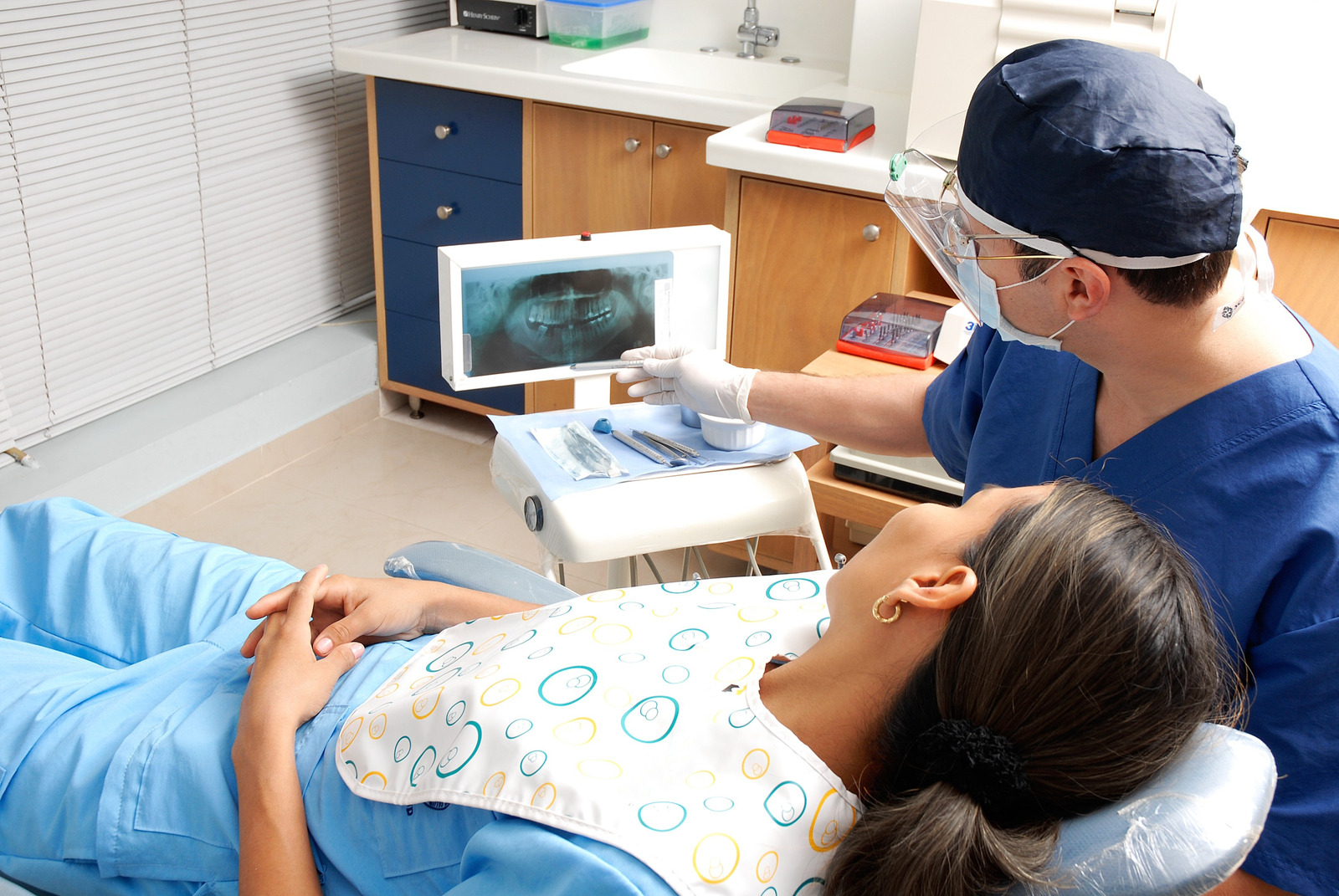How To Combat Dental Anxiety
- 23
- July
- 2019
- By Kelly Boyle
- Uncategorized
- Comments Off on How To Combat Dental Anxiety

If you avoid going to the dentist, you are not alone. According to WebMD, up to 20% of Americans exhibit this behavior due to a phobia or general anxiety. These feelings can manifest into feelings of hopelessness or overwhelming panic which will attribute to a phobia and ultimately avoiding the dentist. Other symptoms and signs of dental phobia include sleeplessness, nervousness, crying, and becoming physically ill. Other reasons for dental phobias and anxiety include a fear of pain, injections, anesthetics, medication side effects, and feeling helpless due to a loss of control.
Coping with these feelings can be difficult but communicating your fears or anxieties to your dentist is the first step to overcoming them. Your dental care provider will work with you to ensure you feel safe and comfortable during a procedure and will provide options on how to address your fears or concerns so that you can receive the oral care you need. Work with your doctor to understand the steps or actions taken during a procedure in advance. This may help ease any tension or reservations about what’s happening to you during a procedure. If possible, establish a signal your provider can recognize if at any point in the procedure you are uncomfortable and need to stop. This will allow you to remain in control of the situation and can also help any anxieties that may stem from feeling a loss of control.
Other options exist to help address dental phobias and anxiety. Deep breathing is not only effective for dental anxiety, but it is an effective method to help alleviate general anxiety. Deep breathing exercises include breathing in to a count of four, holding the breath for a count of seven, and exhaling to a count of eight. Distractions during a procedure can also help. Listening to music or watching TV can help keep a patient’s mind at ease and are becoming more commonplace in dental practices. Other options include injectable or oral medications provided by your doctor or breathing nitrous oxide during a procedure.
Great dental care begins with your doctor’s understanding of your needs and will work to address your concerns to create a positive experience, so you are able to receive the level of care you need to live a happy and healthy life.
Search:
Categories
Archives
- September 2019
- August 2019
- July 2019
- June 2019
- May 2019
- April 2019
- March 2019
- February 2019
- January 2019
- October 2018
- September 2018
- August 2018
- July 2018
- February 2017
- November 2016
- April 2016
- September 2015
- August 2015
- June 2015
- May 2015
- April 2015
- March 2015
- January 2015
- December 2014
- November 2014
- February 2014
- January 2014
- October 2013






